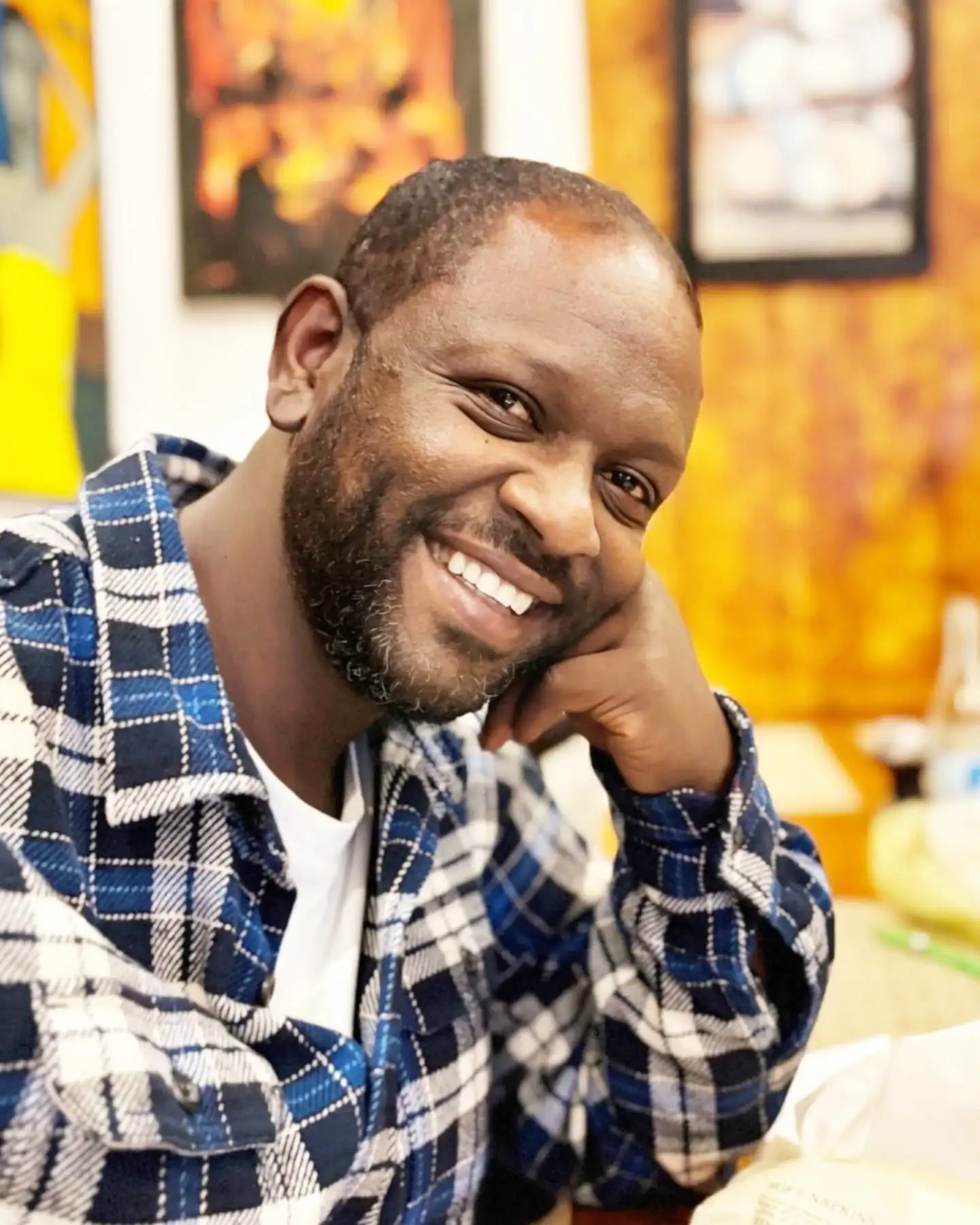By: Hawi Bussa
We buried another one.
Another Black man. Another friend. Another loved one who didn’t make it past the silence.
He was a family friend. Older. Gentle. Kind. One of those men who carried his pain quietly, so quietly in fact that we almost forgot men like him could break. He took his own life. And like the ones before him, it left a hole not just in his family, but in the stories we never got to tell. The healing we never gave him a chance to reach. The conversation we were too late to have.
I’ve lost several guy friends to suicide over the past few years. I’ve spoken their names in whispers. I’ve mourned them in silence. Because that’s how our communities taught us to grieve these kinds of deaths, privately, with restraint, without shame but also without explanation. Without dialogue.
Especially in Ethiopia, especially within the Black community, suicide is still something we don’t know how to speak about. It’s taboo. It’s misunderstood. And worst of all, it’s often wrapped in a blanket of spiritual shame or denial. We say “he was struggling,” or “something must’ve gotten into him,” or “only God knows.” But what we often mean is, “I don’t know how to hold this pain. I don’t know how to make sense of it.”
But we have to start making sense of it. Because it’s happening. And it’s happening more than we realize.
Since the pandemic, mental health has moved from the margins of concern into something we can no longer ignore. Anxiety, burnout, and depression are not foreign concepts to us anymore. They are present, pulsing realities. But even as more people begin to speak up about their mental health, Black men are still being left out of the conversation. Or worse, they’re hiding in plain sight. Carrying the weight of entire households, relationships, expectations, disappointments, and histories on their backs.
In Ethiopian culture, as in many cultures shaped by survival and resilience, strength is often equated with silence. Boys are taught not to cry. Men are taught to provide, not to process. There’s no cultural infrastructure for vulnerability, and even less for professional help. Therapy is still seen by many as a Western luxury, or a sign of weakness. Depression is often misdiagnosed as laziness or spiritual attack.
So where does that leave our brothers?
Where does that leave the friend who hasn't been answering texts for weeks? The cousin who hasn’t been himself since he lost his job? The father who goes quiet for days at a time but still shows up to church in a perfectly pressed shirt? Where do they go when the world says, “man up,” but their soul is saying, “I can’t carry this anymore”?
I’m writing this not as an expert, but as someone who is grieving. As someone who is tired of watching strong men die silently. As someone who knows what it’s like to sit in a funeral filled with quiet confusion, wondering how no one saw it coming.
We need to talk about suicide, not as a statistic, but as something human. And we need to normalize mental health as a public conversation, not just in private corners or after something terrible happens. We need to talk about it in our media. In our classrooms. In our churches and mosques and temples. We need it to be part of our sermons, our curriculums, our morning radio shows. Because when we start talking about mental health openly, consistently, and without shame, it sends a message to anyone struggling: you’re not strange, and you’re not alone.
The more visible the conversation becomes, the less hidden the pain has to be. And the more normal it feels to ask for help, the fewer funerals we’ll have to attend for the ones who never got the chance.
We need faith spaces that make room for therapy. Families that prioritize mental well-being as much as academic success. We need art, music, writing, and film that express our internal worlds. And we need to check on our strong friends, not just when something feels off, but as a rhythm of care.
To anyone reading this who is struggling in silence, you are not weak. You are not alone. You are not beyond help. Your pain is not a problem. Your life matters, deeply, urgently, fully. You deserve to be here, and you deserve to be held in love, not just in your strength, but in your sorrow too.
And to those of us left behind, may we not only mourn, but also rise, to speak, to listen, to ask the hard questions, and to love harder.
Because we can't afford to lose another one. Not like this. Not in silence.




